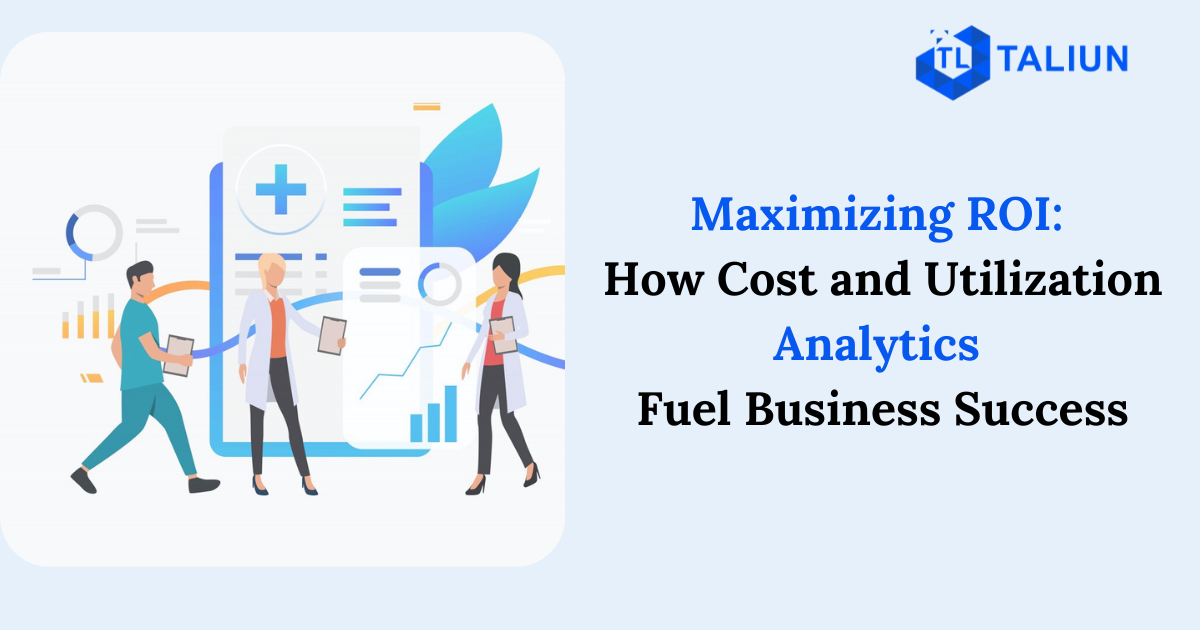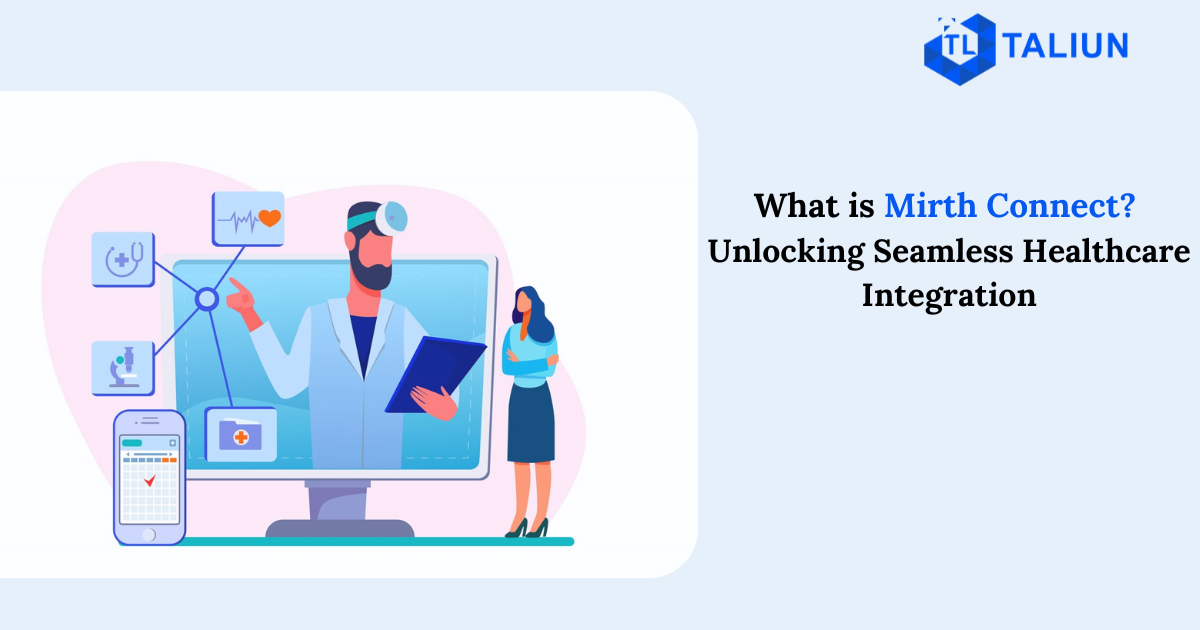Using Generative AI for Building Healthcare Integrations: Revolutionizing Patient Care and Data Management

The healthcare industry is witnessing an unprecedented transformation, powered by the advent of generative artificial intelligence (AI). This technology, which includes sophisticated algorithms capable of generating new content and solutions, is reshaping how healthcare systems integrate and manage patient care. In this blog, we’ll explore the potential of generative AI in building healthcare integrations, highlighting its impact on patient care, data management, and the broader healthcare ecosystem.
1. Understanding Generative AI in Healthcare
Generative AI refers to the use of artificial intelligence technologies that can generate novel data, solutions, and content. In the healthcare context, this translates into AI systems that can create new medical insights, predict patient outcomes, and even suggest treatment plans. The technology leverages vast amounts of healthcare data, learning from patterns and anomalies to offer unprecedented insights.
2. Enhancing Patient Care through Personalized Treatment Plans
One of the most significant applications of generative AI in healthcare is the development of personalized treatment plans. By analyzing patient data, including medical history, genetics, and lifestyle factors, AI systems can generate treatment recommendations tailored to individual patients. This personalized approach not only improves the effectiveness of treatments but also minimizes the risk of side effects and adverse reactions.
3. Streamlining Data Management and Integration
Healthcare systems often struggle with the vast and varied data generated from different sources such as Electronic Health Records (EHRs), lab results, and imaging. Generative AI can revolutionize data management by integrating disparate data sources, ensuring seamless data flow, and generating actionable insights. This integration enables healthcare providers to make informed decisions quickly, enhancing patient outcomes.
4. Predictive Analytics for Preventive Healthcare
Generative AI excels in predictive analytics, which can forecast potential health issues before they become critical. By analyzing trends and patterns in healthcare data, AI can identify patients at risk of chronic diseases, allowing for early intervention and preventive care. This proactive approach not only improves patient health but also reduces the overall burden on the healthcare system.
5. Customized Healthcare Solutions with AI-Generated Models
Generative AI can design customized healthcare solutions, including drug formulations and medical devices, by simulating countless permutations and combinations. This capability accelerates the innovation process, enabling quicker development of effective and safe healthcare products.
6. Enhancing Research with AI-Generated Hypotheses
In medical research, generative AI can propose new hypotheses and areas of study, speeding up the discovery of treatments and cures. By analyzing existing research data, AI can identify gaps in knowledge and suggest new avenues for exploration, potentially leading to breakthroughs in medicine.
7. Ethical Considerations and Data Privacy
While the potential of generative AI in healthcare is immense, it also raises significant ethical and data privacy concerns. Ensuring the security of patient data and the ethical use of AI-generated insights is paramount. Healthcare providers must adhere to stringent data protection regulations and ethical guidelines to maintain trust and protect patient privacy.
8. Preparing for an AI-Integrated Future in Healthcare
To fully harness the potential of generative AI, healthcare professionals must be prepared for an AI-integrated future. This includes training in AI technologies, understanding their applications, and developing strategies to integrate AI solutions into existing healthcare workflows.
9. Overcoming Challenges and Limitations
Despite its potential, generative AI in healthcare faces challenges, including data quality issues, algorithmic biases, and the need for interdisciplinary collaboration. Addressing these challenges requires concerted efforts from technologists, healthcare professionals, and policymakers.
10. Conclusion: A New Era in Healthcare
Generative AI is paving the way for a new era in healthcare, one that promises enhanced patient care, streamlined data management, and accelerated medical research. By embracing this technology, the healthcare industry can unlock new possibilities for patient treatment and care, marking a significant step forward in the journey towards advanced and personalized healthcare.
In summary, the integration of
generative AI in healthcare is not just a futuristic concept but a present reality with immense potential. As we continue to explore and refine this technology, it holds the promise of transforming the healthcare landscape, delivering better patient outcomes, and fostering a healthier society.
Follow our LinkedIn page for more updates:
https://www.linkedin.com/company/taliun/




